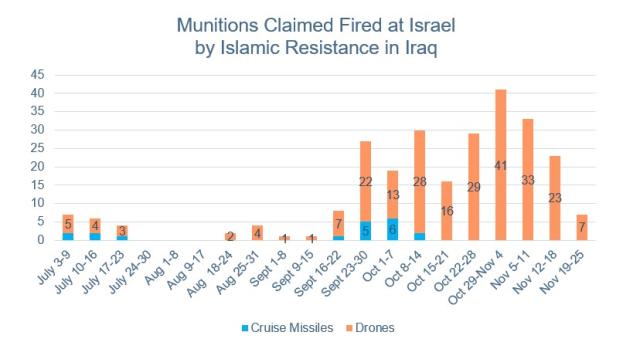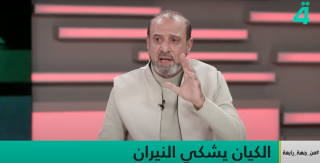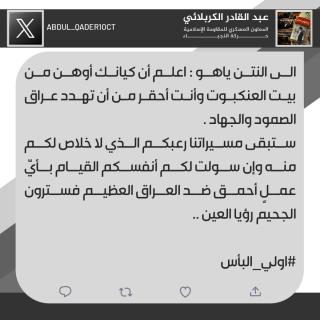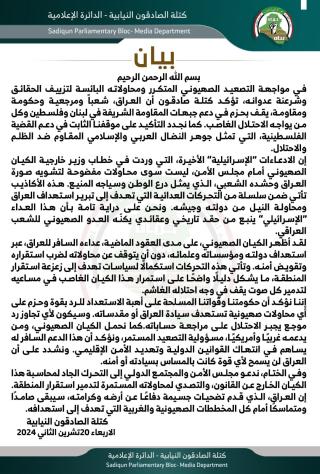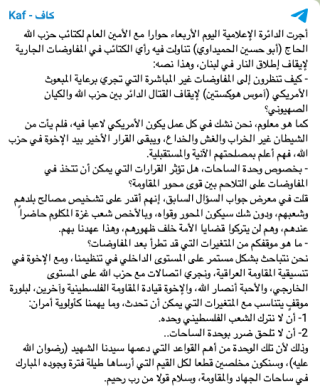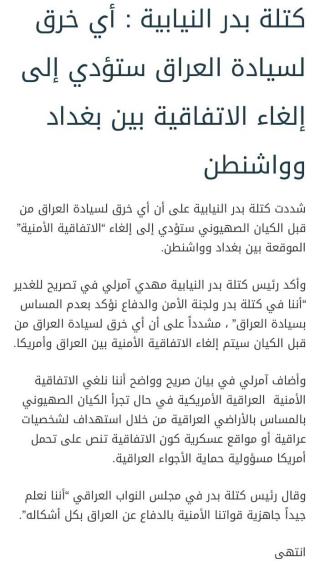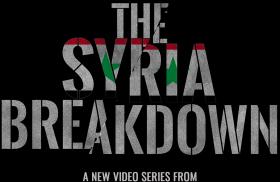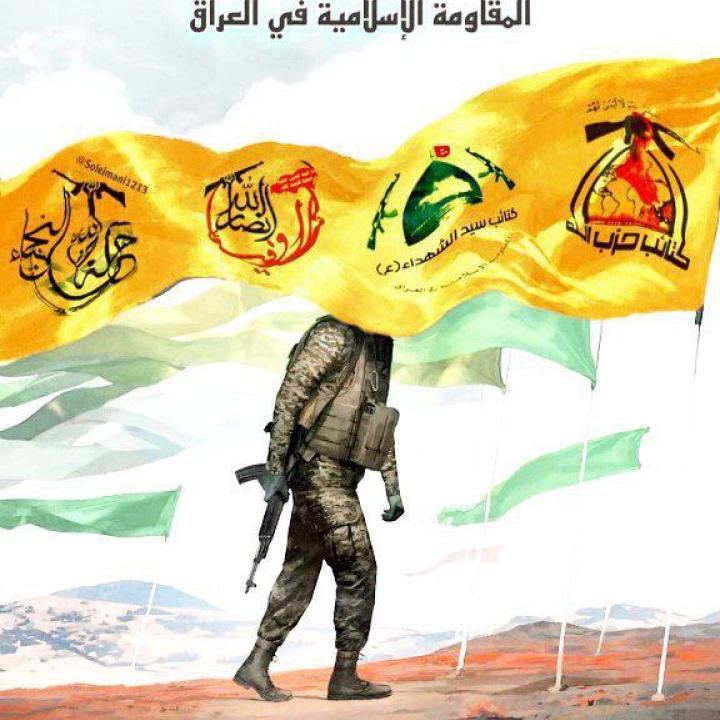
Iraqi Militias Downscaling Their Anti-Israel Actions

Iran-backed groups were already powering down for weeks before Israel delivered a stark warning on November 18, after which attacks dropped off almost entirely.
On November 18, Israeli foreign minister Gideon Saar sent a letter to the president of the UN Security Council expressing concern over increased attacks by Iran-backed militias in Iraq. The letter held the Iraqi government responsible for these attacks and emphasized Israel’s right to defend itself if Baghdad is unwilling or unable to control armed groups launching drones and cruise missiles from its territory.
Militias Greatly Reduce Attacks on Israel
Even before Saar's communique, Iraq’s militias had already been reducing their attacks on Israel for weeks after months of escalation during the Gaza war. The chart below shows the two weekly drops from the high point of forty-one attacks during the week of October 29-November 4, 2024. After Saar's November 18 letter, the decline in attack claims by the Islamic Resistance in Iraq has been dramatic. Indeed, if Iraqi militias were backing away from their anti-Israel attacks prior to November 18, they appear to be running away since then.
Increased Faking?
In addition to reduced claims, most of the remaining claims lack credibility. Very little closeup imagery of drones has been shown since mid-November, in contrast to previous claims that provided fresh imagery of individual drones with unique features (markings, serial numbers, scratches, paintwork, configuration). More recent claims have seen wider recycling of past launch imagery (i.e., a single drone launch recorded from four angles, with two angles used to claim one attack and two other angles used for a separate fraudulent claim video linked to an attack that may not have actually happened).
Weak Statements by Militia Leaders
Iraq’s militia leaders tried to respond boldly to the Israeli warning, but their communiques seemed to indicate weakness, not confidence:
Kataib Sayyid al-Shuhada. On November 19, KSS commander Abbas al-Zaidi appeared on al-Rabiaa TV and stated: “We have the religious cover. First, we are the sons of Marjaia, not the sons of governments...If there is a threat by Israel in targeting Iraq, the response will be mighty and powerful (Figure 1). KSS is Iraq's mouthiest muqawama (resistance) group and is always chasing headlines, so the fact that it moved first was not a surprise.
Harakat Hezbollah al-Nujaba. On November 20, Nujaba’s military assistant to the commander, Abdal Qadir al-Karbalai, reacted to Israel's warning on his Twitter/X account: “To sticky Netanyahu: know that your entity is weaker than a spider's web, and you are more despicable to threaten the Iraq of steadfastness and jihad. Our drones will keep frightening you; you have no escape from them” (Figure 2).
Asaib Ahl al-Haq. This militia was mentioned by name in Saar's UN letter to the UN Security Council—a disturbing outcome for a faction that has portrayed itself as nonkinetic for many years, albeit at some cost to its muqawama credibility. Responding on November 20 via its parliamentary bloc, al-Sadiqoun, the group issued a lengthy statement denying an Iraqi role in attacks on Israel and calling the Israeli letter a “blatant attempt to distort the image of Iraq and its popular mobilization” (Figure 3).
Kataib Hezbollah. KH's reaction on November 20 probably reveals more about the muqawama state of mind than any of the other communiques. The group published a rare interview with Secretary-General Ahmad Mohsen Faraj al-Hamidawi (aka Abu Hussein), who commented: "Ultimately, the final decision rests with our brothers in Hezbollah, as they are more aware of their immediate and long-term interests." That is, in response to a question about the impact of these efforts on the so-called "unity of the fronts," he reiterated that the decision is with Lebanese Hezbollah (Figure 4).
Badr Organization. After his group was named in Saar's letter as one of the factions attacking Israel, Mahdi al-Amerli—a Badr parliamentarian and member of the Security and Defense Committee—delivered a statement to al-Ghadeer TV on November 21: “Any violation of Iraqi sovereignty by the Israeli Zionist entity will lead to cancelling the security agreement signed between Baghdad and Washington" (Figure 5).
In Militia Spotlight's assessment, the range of responses—all flaccid—reveals a few things about intra-muqawama dynamics. First, the Iraqi muqawama are terrified, as they should be, of Israel turning its intelligence gaze upon them in the same way it has focused on Palestinian groups and Lebanese Hezbollah. Second, they have been trying to power down for weeks, probably with Iran's keen approval; moreover, the fear of an Iran-backed ballistic missile strike out of Iraq did not manifest. These factors reduce the near-term likelihood of Israeli strikes in Iraq. Finally, KH remains the weightiest voice among the muqawama, and Abu Hussein is the one to speak at the most troubling moments—see, for instance, his January 30 effort to forestall heavy U.S. retaliation after three Americans were killed. He offered similar straight talk on November 20, noting that Lebanese Hezbollah officials could accept a ceasefire with Israel if they saw fit—an implicit hint that KH would respect (and probably mirror) such a decision.

